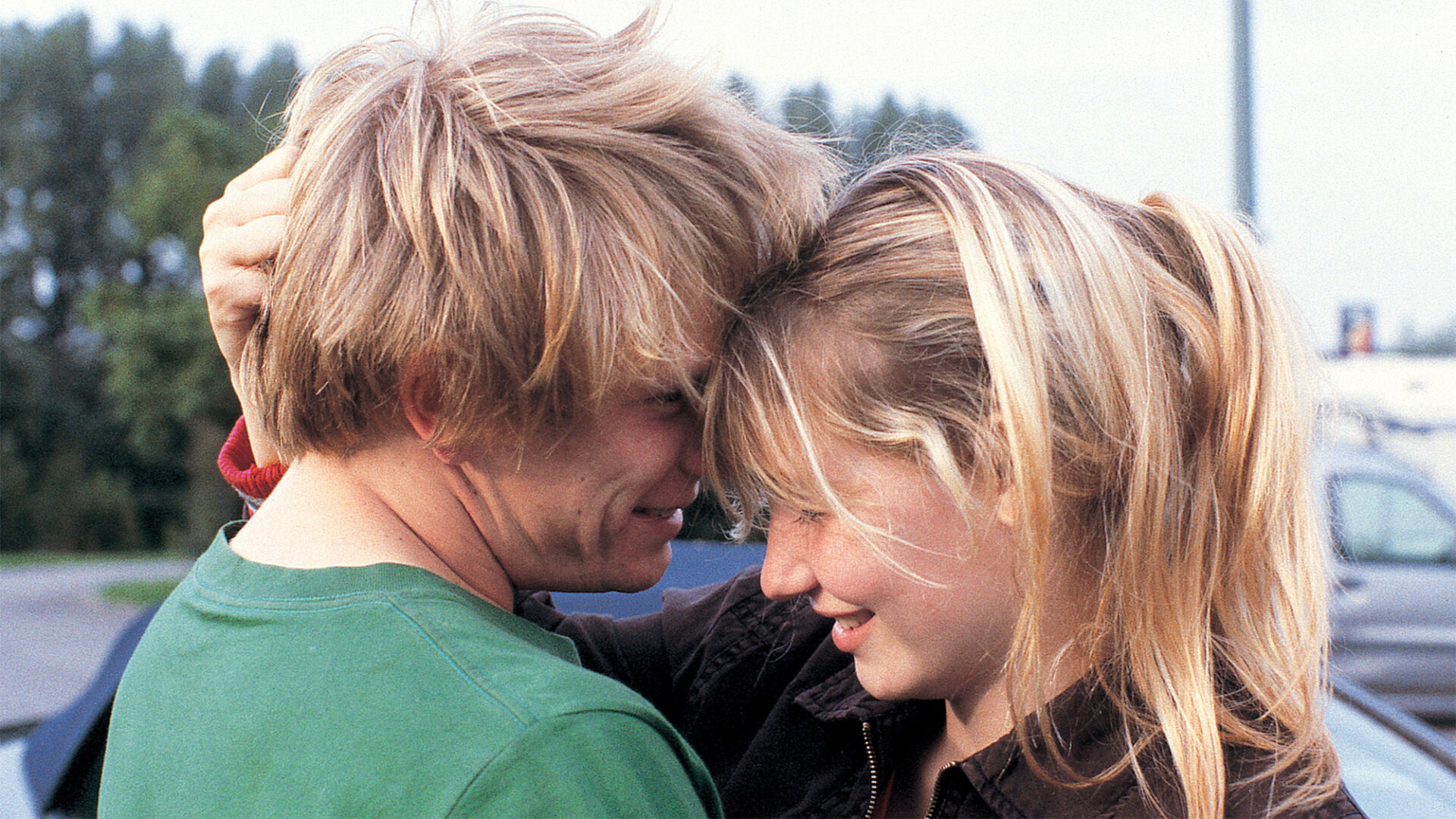The Dardenne brothers deliver one of their characteristic tests of empathy with this social realist tale centered around an apparently irredeemable soul. Bruno (Jérémie Renier) and his girlfriend Sonia (Déborah François) are childish teenagers who have just welcomed their first baby, a boy named Jimmy. But the fact that he’s now a father and jointly responsible for a new life doesn’t seem to register with Bruno, a small-time criminal whose thoughts don’t extend beyond his next job and what he’ll buy with the takings.
Sickeningly, Jimmy’s birth gives the vacant-headed, impulsive Bruno an idea for a quick buck: he’ll use the black market to sell the baby to a family hoping to adopt. This awful act sets in motion a frantic set of events as Sonia’s horrified reaction signals to Bruno that he might have gone too far this time. Strikingly, though, we’re never sure if Bruno is experiencing a moment of genuine reflection — perhaps the first of his life — even up to the film’s dam-break of a final scene. The ghastliness of Bruno’s actions makes this a challenging watch, but the Dardenne brothers’ restraint and resolute refusal to moralize about their easily condemnable protagonist open it up to being a compelling reflective exercise on the limits of redemption.





